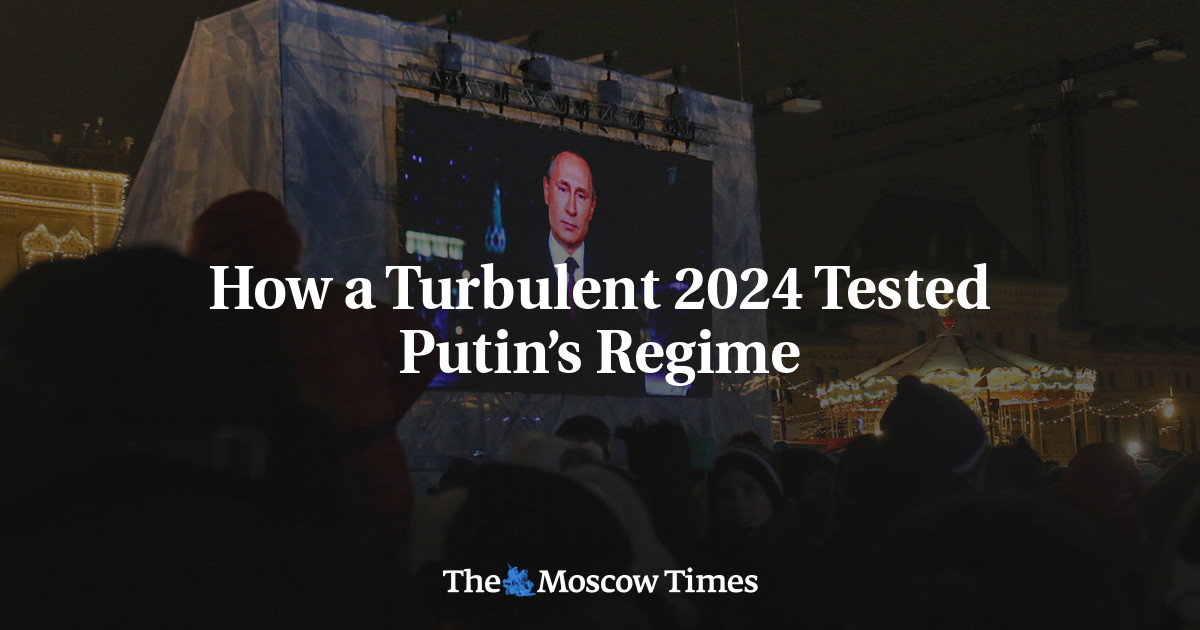A Moscow court on Tuesday denied U.S. journalist Evan Gershkovich's appeal against the extension of his pre-trial detention in the espionage case that he and American authorities have rejected as false.
Gershkovich, 32, a reporter for The Wall Street Journal, has been in Moscow's notorious Lefortovo prison for more than a year after he was arrested while on a reporting trip to Russia.
He is the first Western journalist since the Soviet era to be arrested by Moscow on spying charges — accusations that he, his employer and the U.S. government reject.
"The first court of appeal ruled that the order of 26 March 2024 on the extension of the preventative measure should be left unchanged," judge Alexander Pushkin said in Tuesday's hearing, an AFP journalist reported from the court.
Evan gave a thumbs-up when asked by the press how he was. And later shared this moment with his lawyers after the judge announced the decision. The legal team said they held out hope the next hearing would be the last. pic.twitter.com/aJ9NwIn8LN
— Ben Tavener (@BenTavener) April 23, 2024The hearing was a technical appeal against an earlier decision to keep Gershkovich in detention at least until June 30 pending a trial, it did not concern the merits of the case.
The reporter — who used to work for AFP and The Moscow Times in the Russian capital — stood in a glass dock in the courtroom, wearing dark trousers, a white T-shirt and a dark shirt.
He smiled and gave a thumbs-up when a reporter asked him how he was doing.
Moscow has not provided any public details of its case against Gershkovich, saying only that he was "caught red-handed" in the Urals city of Yekaterinburg last March.
Russia has said there are discussions behind the scenes on a possible prisoner exchange involving Gershkovich.
President Vladimir Putin has publicly implied Moscow would like to see the release of a man Germany says was working for the Russian state when he killed a Chechen rebel commander as part of a deal to free Gershkovich.
Washington has repeatedly accused Moscow of arresting U.S. citizens in a bid to use them as pawns to secure the release of Russians jailed abroad for serious crimes.
 (1).png)
 8 months ago
18
8 months ago
18













